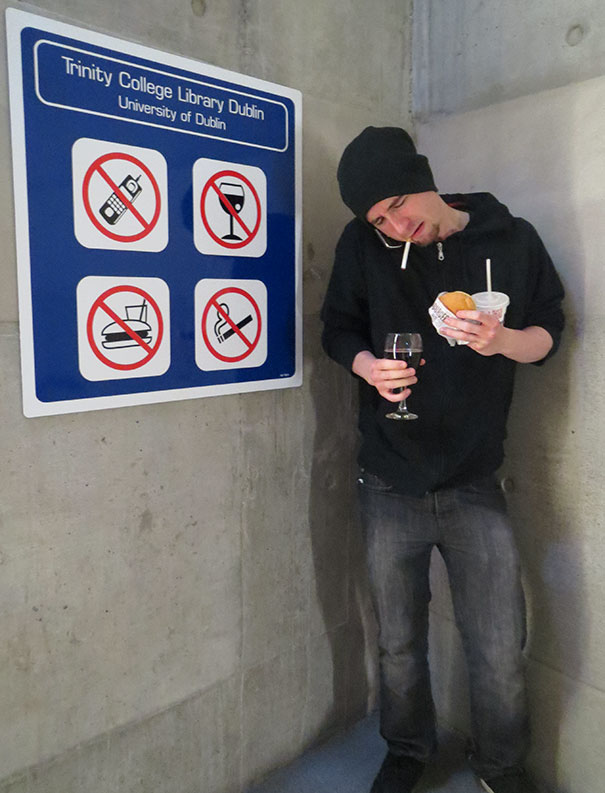The next main meeting of the Middle Way Network will be at 7pm UK time on Sun 3rd Jan 2021. This will be the fifth of our series of talks and discussions on ethics, and the last of three sessions where we will be looking at the three classic approaches to morality in turn: virtue ethics, ethics seeking good consequences, and principle-based ethics. We will be asking what a Middle Way approach implies for what we consider to be ‘good’: is it becoming a better person, fulfilling good goals, or obeying the right principles? Or is it all of these? If so, how do we fit them together when they sometimes contradict each other?
Following principles or rules is the traditional way that many people think about ethics. But where do we get the rules from and how do we know if we have the right ones? The Middle Way approach suggests that we should never take a rule absolutely. Often absolute rules create unnecessary conflict and rigidity. But that need not prevent us from developing provisional rules that we can justify from experience. In this session we’ll be exploring the ways that principles or precepts can be useful for individual practice, and how provisional rules are also necessary in society.

There’ll be a short talk on this topic, followed by questions, then discussion in regionalised breakout groups. Some other regionalised groups will meet at other times. If you’re interested in joining us but are not already part of the Network, please see the general Network page to sign up. To catch up on the previous session, on consequential ethics, please see this post. If you would like catch up more with basic aspects of the Middle Way approach, we are also holding a reading group (next on 10th Jan) which will do this – please contact Jim (at) middlewaysociety.org if you want to join this.
Here is the actual video from this session:
Suggested reflection questions
- What’s the history of your attitude to rules? Are you a rule-follower or a rule-breaker? How well do you think this has served you?
- Have you practised (or would you like to practise) any provisional rules or precepts? What issues do you think their provisionality might raise?
- What advantages do you think there are in a deontological (i.e. principle-based) way of thinking about ethics, by comparison with thinking in terms of consequences or virtues? How far might it be helpful for you?
Suggested further reading
Middle Way Philosophy 1: The Path of Objectivity 7.i (see pdf of Omnibus edition on Researchgate)
Truth on the Edge section 6




